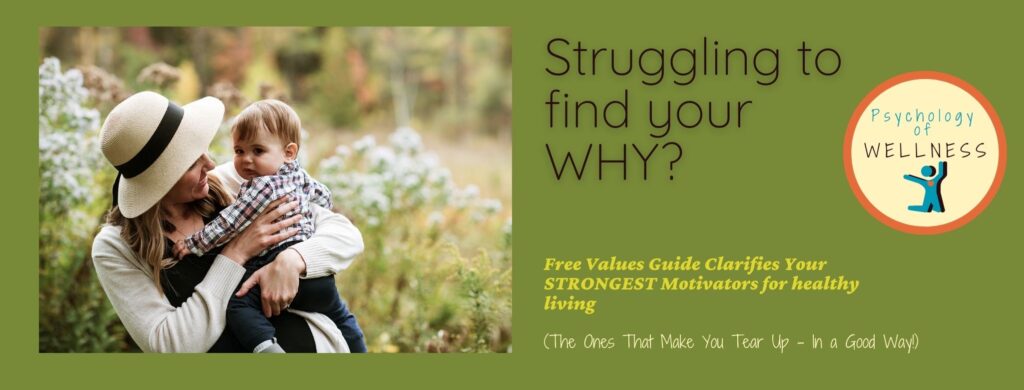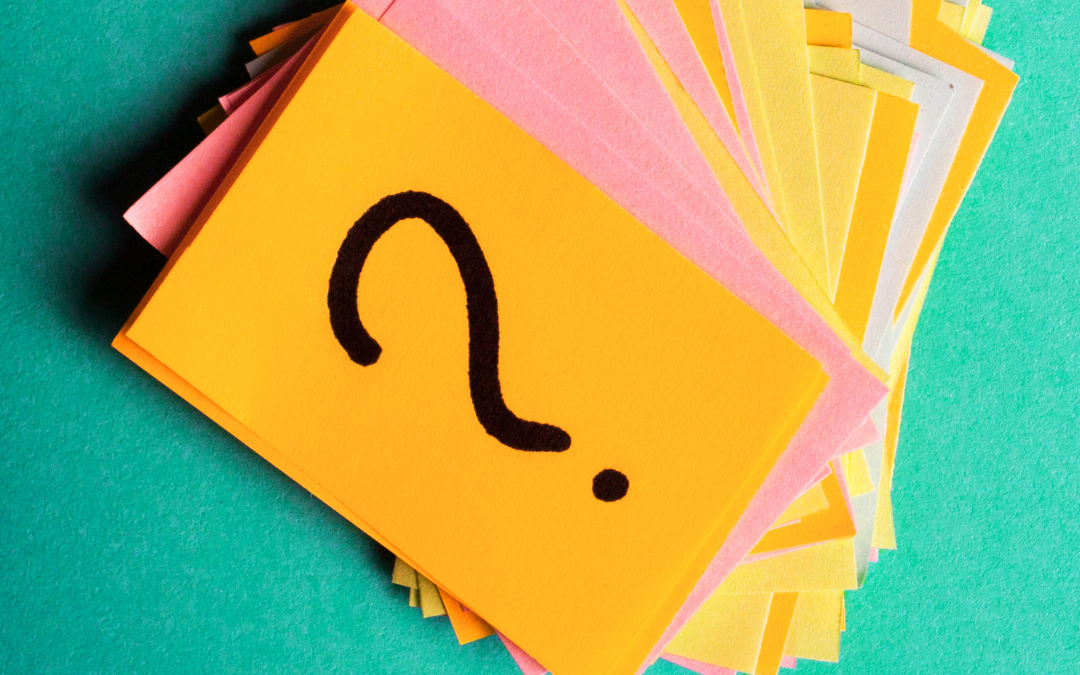Podcast: Play in new window | Download
Subscribe to The Innovative Therapist Podcast! Apple Podcasts | Spotify | RSS | More
Episode 5. Today’s podcast will help to clarify some important questions. You all have had some amazing questions over the past few weeks and I think it’s important that everyone benefit from the answers.
Before we dive in, this is a good time to remind you that this podcast is for educational and information purposes only and does not constitute any form of medical, psychological, or professional advice. Please always consult with a professional regarding your specific needs and situation.
Listener Questions
Here are some of your great questions.
Can I move away from a diet mentality and still want to change my body or lose weight? Like choose bariatric surgery or follow a specific eating plan?
I’m all about autonomy. Autonomy is freedom of choice without excessive pressure to behave or be a certain way. When I talk about the “diet mentality” or “no longer dieting”, I’m talking about how you think and feel about what you are doing, not the specific eating behaviors you are or aren’t doing (e.g., following a specific eating plan).
A diet mentality moves us away from autonomy because its all about shoulds, pressures, and typically associated with feelings of restriction or stress about being “on the plan.” However, you can autonomously decide to follow any eating plan, because you want to, because you feel good doing it, or because it feels like the best choice for you and your life and specific health considerations.
Let’s take an example. If someone has had bariatric surgery and is stressing out because they heard someone say “you can never eat bread after surgery” and feel like they really “shouldn’t” eat bread and feel deprived. That’s a diet mentality. It’s all about shoulds, stress, all-or-nothing thinking.
Yet that same person could choose to eat bread on occasion and really enjoy it without guilt. Alternatively, they could choose to avoid bread due to internal reasons (when they eat bread they feel ill). Both of these examples are autonomous choices. It isn’t about the behavior (bread or no bread) it’s about how the person thinks and feels about it.
Diet mentality: “I can’t or shouldn’t ever have bread.”
Autonomous motivation: “Avoiding bread feel best for my body. I don’t have it, based on my own choice.”
Can I move away from the diet mentality and follow a plan like intermittent fasting?
Again, the main question is why are you doing it? Do you feel good following this type of plan? What’s the goal here? Is weight loss a main goal or it is about energy, concentration, gut health, etc.? Be honest with yourself here. The underlying reason is what makes all the different in terms of whether it’s a diet mentality or autonomous.
Shawn, is this a body acceptance/Health At Every Size podcast or a Plant-Based Podcast? What is happening here? What can I expect?
Great question. I don’t know that I can put myself in only one of those buckets and truly support autonomy. The podcast is called Motivation Made Easy because I want to stay true to motivation tory. And that means giving you autonomy and choice. I want you to have access to all the research findings and I want to make it as unbiased as possible. Some of those buckets have strong social movements and followings and that’s great and truly important. But I want us to learn from all camps. I think there are many ways to health.
How can I know if I have a diet mentality or if the choice is autonomously motivated?
A great question to ask to ask is whether you would do the behavior even if you knew the scale would never budge.
I’m not saying you have to make yourself not desire weight loss, that’s a BIG ask for someone living in our society. But WHY are you making the choices/changes you are making? Do you feel good on the keto diet, intermittent fasting, the plant-based diet? Do you like the exercise or movement you are doing?
I want you to dig deep to your deepest most important values and reasons for change. Those reasons that truly drive you and make you tear up, in a good way.
Much of the time, it has to do with relationships. Showing up as our best selves and connecting with others or being there for them. Helping others. But it’s an individual process. Let yourself explore and figure out what your deepest reasons for change truly are.
To dig deeper on this and walk through clarifying your values and tying them to your goals, grab my free PDF here.
We Are all Learning, All the Time
My opinion continues to evolve and change as I learn, grow, and get new information and have new experiences, doesn’t yours? I hope with this podcast and blog to create a community where we are all continue to learn grow and gather new information about the topics we talk about here.
I hope we can continue to respect ourselves and each other as we explore and learn together.
Take Home Messages
- You deserve accurate information about your health and well-being. There are a lot of biased sources out there. I’m biased too, but I will continue to strive to be true to the evidence, which includes both scientific papers as well peoples experiences. As Brene Brown says, “stories are just data with a soul.”
- I believe we vastly overemphasize weight and weight loss as necessary for health and focusing on this distracts us from things that factor into our health way more, like stress level, health habits, medical care, and healthy relationships, among many others.
- I also believe moving away from a diet mentality and external should-based motivation is useful for everyone regardless of your weight. A diet mentality means thinking of your eating from a very “should” based all or nothing place. It’s by nature external motivation and thus probably going to be short-term.
- I also believe that everyone deserves information about the power of dietary change on disease risk, such as plant-based eating. I believe it’s fully your choice what you do with your body and you deserve to do that without excessive pressure that you SHOULD be a certain way, or eat or move in a certain way.
- I believe we have a LONG ways to go to improve the way we do things and that is going to involve having hard conversations about where we are failing people with regards to their health, and what we can do about it.
YOU are the Boss of YOU
To sum up, I think of a quote from the show FRIENDS. Phoebe is talking to Rachel and asks her “Is your boyfriend the boss of you?” Rachel says no and Phoebe says “Who is the boss of you?” and Rachel timidly says “You?” Phoebe replies: “No, you are the boss of you!”
My friends/listeners, you are the boss you. You get to decide what to do with your body and how you approach your health.
I truly hope as a society we can work to give more people more autonomy in this way. For now, I hope you take a quiet moment to ask yourself, “Is this how I want to eat and move? or is it how someone else told me to?” What values or areas are most important to you and how does your health fit into that in your own specific unique way?”

